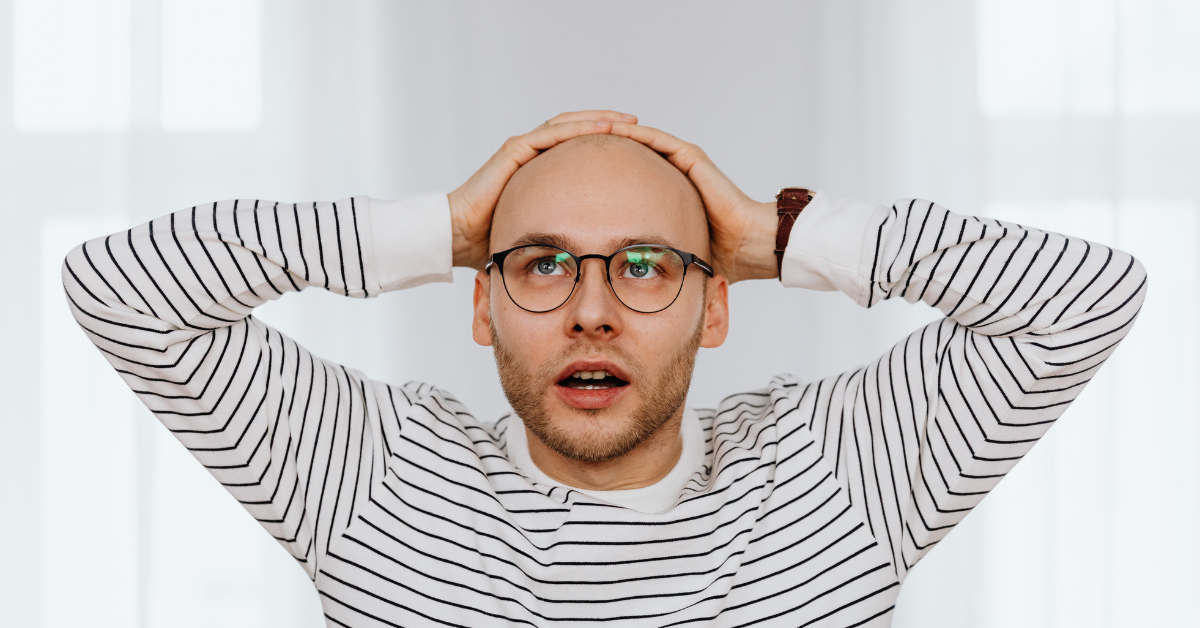Many people, especially parents of school-aged children fear lice with good reason since head lice are infamous for breaking out in schools. However, the most popular query these days is, “Can bald people get lice?” (bald enough to avoid any external hair). Are you wondering, about can bald people get lice; read on to learn the science behind it all.
Table of Contents
What Are Lice?
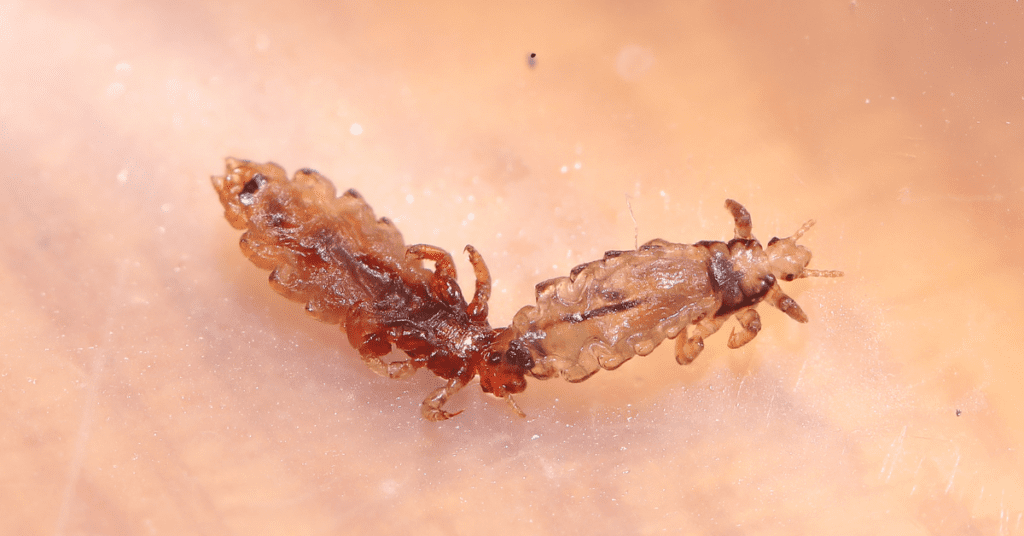
Lice are small, Have wings Hook Rangers used to cause as their Enmies live on the human body and feed by sucking blood. These ants are wingless and incapable of flying or jumping. Instead, they spread from person to person by crawling on their bodies. These pests are 2 to 3 millimeters long and are frequently overlooked.
Lice are contagious and often spread by direct contact with an infected person or when personal items such as combs, hats, and the bedding of a head louse carrier fall from one person to another.
When they find a host, Lice lay nits on hair shafts near the scalp. Because of the warmth on our scalps, nits will hatch then in the next week or 2 weeks they grow up and get pregnant theyus, it starts its cycle.
Types of Lice
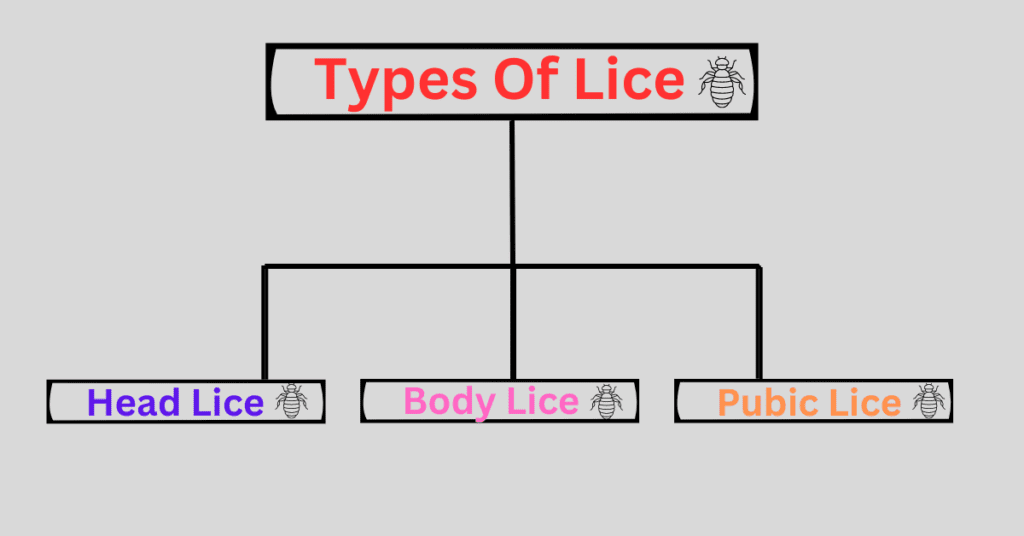
Humans are affected by just three species of lice, each having a specific body part of their choice:
◈ Head Lice: A common one amongst the rest seems to be head lice which primarily resides on our scalp and thus has found more affection for children. Adults often lay their nits (eggs) on the hair close to the scalp, as heat aids in egg hatching. For example, head lice are transmitted by direct contact with another person who already has them or via shared items like combs and hats.
◈ Body Lice: These lice infest children’s hair and move onto adult skin to feed. Body lice normally infest individuals who live in filth and take adequate care of their bodies. The exact habit of body louse does not live directly on the skin but within seams or folds of clothing.
◈ Pubic Lice: Pubic lice — also known as “crabs” and eggs (nits) are found in coarse hair, particularly around the genitals. Still, they can jump out of the scalp to infest other hairy areas like beards, chests, or armpits. Intimate contact is the primary way genital crabs are transmitted.
Different types of lice prefer different areas of the body to live in, but all include some hair along with their lifestyle.
Can Bald People Get Lice on Their Scalp?
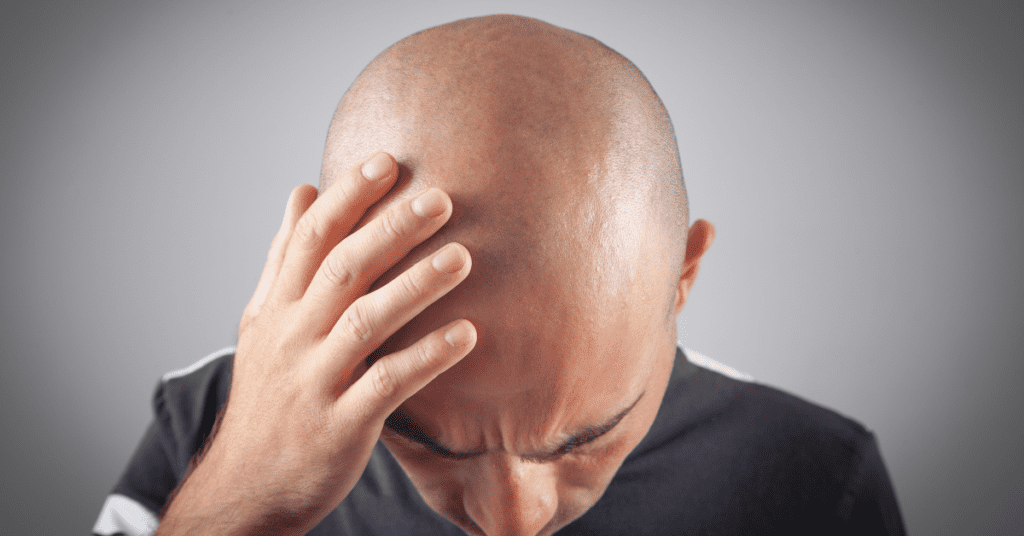
The question arises: Can bald people get lice on their scalp if they don’t have any hair? While it’s true that lice primarily prefer to live in hair, the answer isn’t entirely straightforward. Lice need hair to cling to and to lay their eggs. Hair provides a stable environment where they can attach their nits and remain secure while feeding.
Since those with no hair on their heads are highly unlikely to get lice on the scalp. Since lice cannot reproduce or feed nits without hair to hold on, they die within 2-3 days. On the other end, a person can also be bald and still have lice on their scalp.
The human head is seeking LiceHostpots! However, since it lacks hair to grab onto lice may crawl until they find a suitable place on another person-host. Because they have no hair, they struggle to locate a suitable environment in which to flourish and so the chances of infestation taking hold are very small.
While it is possible for lice to still occasionally be found on a bald scalp, they are not capable of completing their life cycle and developing to maturity so will pass away within time.
Can Lice Survive Without Hair?
Lice are adapted for life in hair, their existence dependent on it. The lice can hide in these hairs near the scalp, which is their natural habitat where they feed regularly.
For example, head lice glue their nits (eggs) to individual hair strands near the scalp where the temperature is warm and hence can become an ideal place for eggs to hatch. Lice cannot lay their eggs nor can hide without hair, which makes it very difficult for them to survive and reproduce.
Nevertheless, lice can reside for a short period on the scalp of an individual and bald patients but will perish rapidly without hair. Lice will no longer be able to hold on to hair, although they can still crawl directly onto skin and feed off human blood. If they end up somewhere without the ideal conditions, their life cycle will be interrupted and they cannot lay eggs.
Even for bald people, body lice and pubic lice can be a problem if they are hit by them. These lice not only are found on the head but can also be buried in areas of hair the armpit or pubic regions. The pubic louse is one instance of this; it often inhabits the hair surrounding the genital area but may also be seen dwelling on facial hair.
Misconceptions About Lice and Baldness
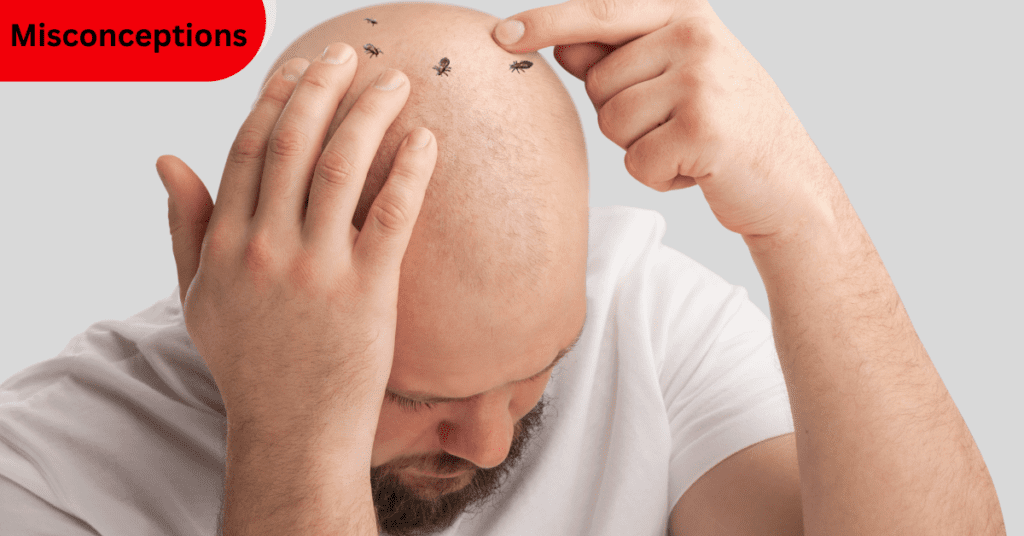
◈ Lice Are a Sign of Poor Hygiene: People who are infested with lice do not have poor hygiene. It is the hair that attracts them as a home and food source, not poor hygiene.
◈ Only Head Are a Concern: Also, body lice and pubic lice can be an issue in bald people especially in places with hair such as the beard or eyebrows (erythrasma), or the pubis.
◈ Lice Can’t Live Without Hair: Lice need hair to live and reproduce, so if they fall onto the skin of a bald person (or someone who has shaved their head), they can hang out there for a while but won’t be able to survive or lay eggs.
◈ Lice Spread Through Dirty Environments Only: Lice can be spread through direct contact with an individual who is infested or by sharing personal items. These palmae have not been linked to one of those unsanitary operation types
◈ Lice Infestation Is Immediate: Lice infestations do not occur overnight as it takes time for lice to develop. Each female must have eggs, hatch, and develop into an adult. One exposure to lice needs not to be an infestation immediately.
◈ Lice Only Affect Children: Although children are the most affected, anyone can get lice — even adults and seniors.
Buy A: Lice Free Spray
Are Bald People Truly Immune to Lice?
Even though lice get on your hair, bald people are much less likely to catch them than those with a full head of air. But you can still get lice! Head lice are, as has already been said in this post, creatures that need hair on their heads, and without any the live ones will die.
But body lice and pubic lice can still be an issue, even for those of us with bald heads. These body lice only exist in clothing, bedding, or chair parts of the upper body.
All people, bald and otherwise are encouraged to use proper hygiene and avoid extended direct contact with infested individuals to decrease the risk of lice. Frequent clothes and bedding washing, and not sharing personal items such as combs or hats can be a means to prevent infestation.
Conclusion
In conclusion, lice will not affect bald people as these parasites rely on a host with hair to breed and lay their eggs. Lice will crawl on a bald person but won’t survive without hair to hold onto. However, that does not mean bald people should rest easy just yet — they still need to watch out for body lice and pubic lice, which can attach themselves elsewhere on the hairy human form. Whether you have hair or not, it poses many risks and can be prevented by maintaining good hygiene!
Related Post: Best Hair Growth Spray For All Types Of Hair
FAQS
Does lice stop hair growth?
No, lice do not cause hair growth to cease abruptly. But continual lice infestation-related itching and irritation can harm the scalp and perhaps compromise the health of the hair.
Can lice live in a man’s beard?
Indeed, a man’s beard may harbor lice because it offers a conducive habitat for them to dwell in. They can cling to facial hair in the same way as they do to the scalp.
Do lice eat dandruff?
Lice don’t consume dandruff, sorry. Dandruff is little more than dead skin flakes, but lice live on blood from the scalp.

